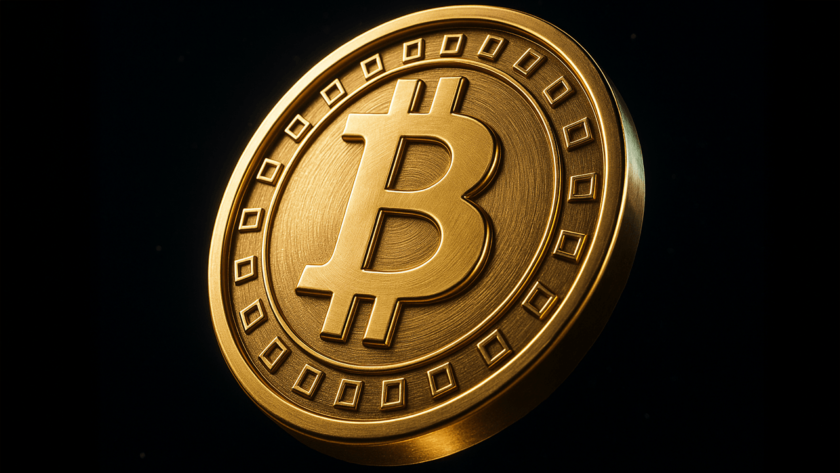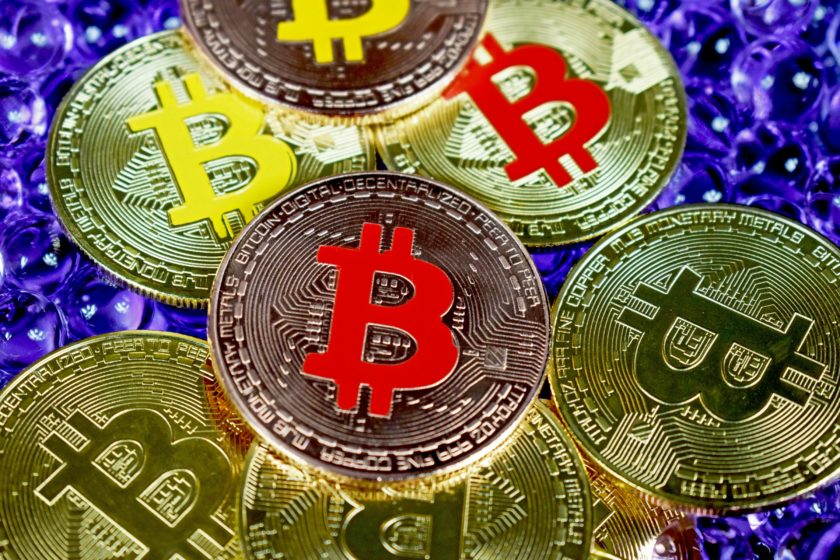Russia Blocks Bitcoin Sites Without Prior Investigation
March 16, 2019 by Jeff Fawkes
The Russian Roskomnadzor — in conjunction with the Prosecutor’s Office — has yet again attacked bitcoin exchanges and informational sites. As the latest in the saga of Russia’s negative actions against crypto, one site has been blocked after previously being approved by the government.
Also read: Mt Gox CEO Mark Karpeles Sentenced to 2.5 Years, but Won’t Go Back to Prison
Subscribe to the Bitsonline YouTube channel for great videos featuring industry insiders & experts
Prosecutors Need to Fill the Stats
According to one Russian anti-censorship advocate, online resources often get blocked by the government with little or no review.
Artem Kozlyk, Head of RoskomFreedom juridical anti-censorship organization, said:
“Workers of the local Prosecutor’s Office need to fill the statistical reporting about how they successfully fight with restricted materials. Local courts sometimes receive papers based on this, and the court automatically blocks the site without sending a hearings invitation to the owner. Then, all those decisions appear in Roskomnadzor, usually after the period of appeal ending.”
One site, CryptoRussia, was blocked as part of this latest crackdown even after it had previously been removed from the blacklist. Furthermore, the site’s owner was compensated by the Russian government with 150 thousand rubles. Thus, CryptoRussia’s re-blocking serves to add even more confusion to Russia’s inconsistent censorship policy.
So, what kinds of websites fall under the Russian blockade? Based on a Kuibyshev local Omsk court decision from July 24th, 2018, Roskomnadzor has limited access to four big cryptocurrency related sites: Bestchange.ru, Fastobmen.net, Pushpayer.com and Xchange.cash.
According to the court, Bitcoin and sites related to crypto are suspect because the digital currency is a “monetary surrogate which helps the grow of shadow economy, and cannot be used by citizens and companies on the territory of Russia.”
The Russian government apparently takes its fear of Bitcoin seriously, too. Kozlyk reported that 23 percent of all websites blocked by the court are related to the Russian crypto industry.
Exchange Sites May Be Unsafe, But Why Touch the Rating Services?
Three of the four websites banned in this most recent court decision were anonymous exchanges that allowed crypto trading without performing KYC. For websites like that, there could be an argument to support these bans.
However, the fourth banned site was Bestchange.ru, a review site for crypto exchanges. This website helped Russians find crypto exchanges with positive user reviews long-term records of legitimacy. Why was this site — one that helped weed out shady exchanges — banned?
Services like Bestchange help traders avoid scams and cybercrime, which is what the Russian government said it wants to achieve with its crypto censorship. Instead of banning the crypto watchmen, why not help them?
By working with Bestchange and similar services — such as Rates.Guru — the Russian government could help its citizens be even more secure, providing these services with unique information that would allow them to create even more thorough reports.
However, if Russian authorities continue blindly blocking sites without actually investigating them, they may spoil the nation’s crypto industry entirely.
Will Russian prosecutors continue blocking useful sites with actual information about Russian crypto space? Share your opinion in the comment section below.
Images via Jeff Fawkes, Pixabay





